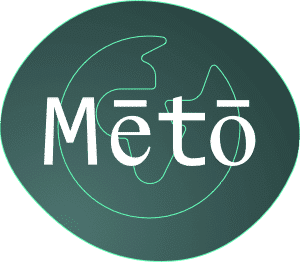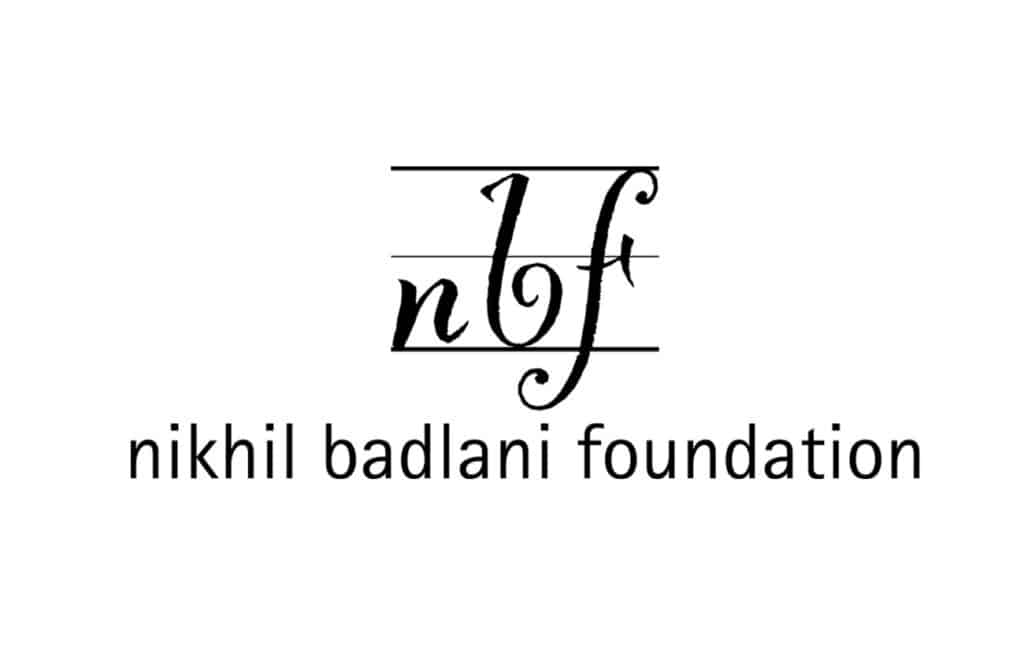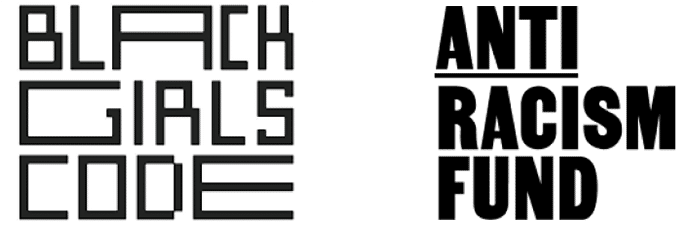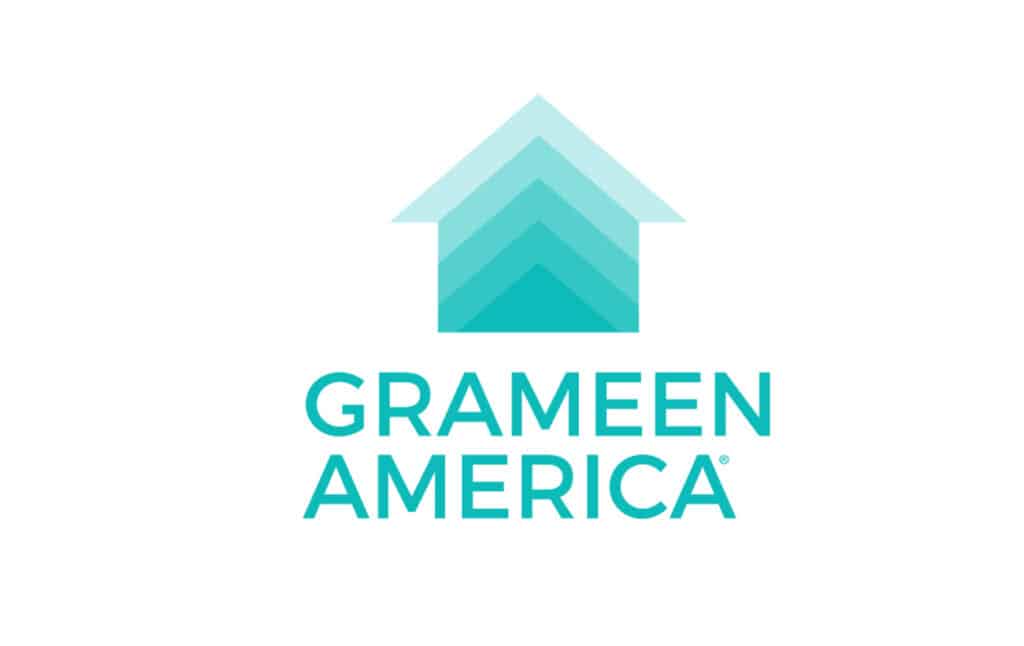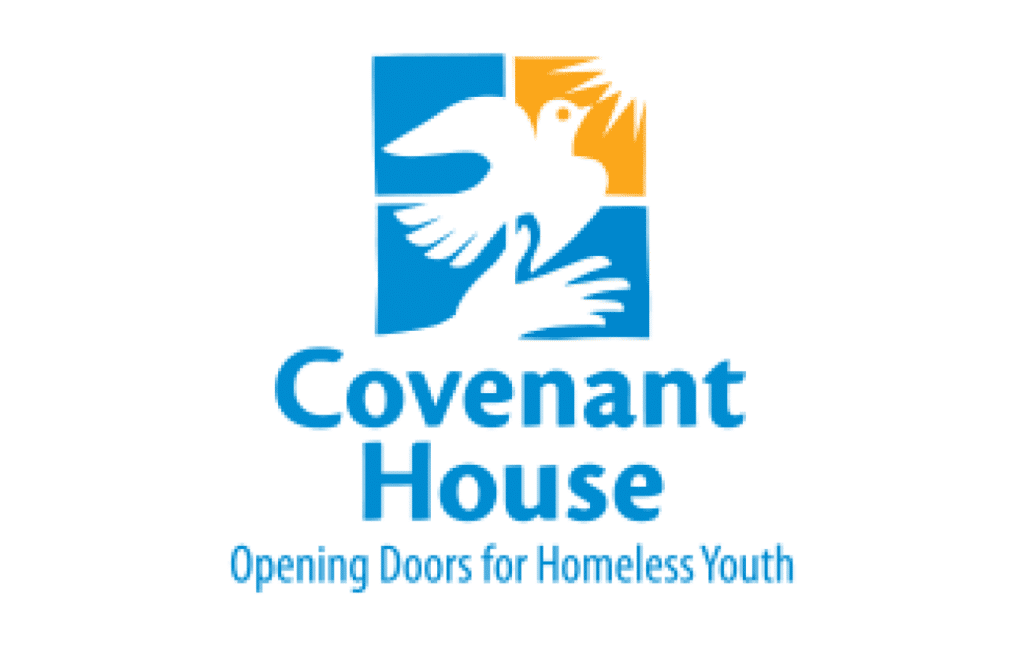1. Align Your Internal Teams
Most professionals agree that when departments work in isolation, operational issues arise. In fact, according to one study, 97 percent of employees and executives believe a lack of alignment within a team impacts the outcome of a task or project. Yet despite this fact, organizational silos are common in business, especially when it comes to marketing departments. One of the smartest ways to avoid bottlenecks and other operational problems — and help ensure long-term scalability and success — is to break down barriers between marketing, sales, and IT teams.
Sales & Marketing
As outbound marketing strategies wane in favor of inbound and micro-moment marketing, alignment between sales and marketing is becoming more crucial than ever before. In addition to contributing more and more leads to the sales pipeline, marketing teams are attracting more new consumers and boosting brand loyalty through scalable customer engagement strategies such as personalization, omnichannel marketing, and dynamic creative optimization (DCO).
At the same time, most businesses still rely heavily on their sales teams to maintain customer relationships and bring in revenue. When a lack of transparency and communication exists between sales and marketing departments, valuable leads can get lost and precious time can be wasted on generating ineffective content. In fact, stats show that 79 percent of marketing leads never convert due to a failure to nurture consumer connections, while 60 to 70 percent of B2B content sits unused because the topics are irrelevant to the buyer audience.
“For any successful B2B effort, sales and marketing need to be in cohort with a robust process and methodology that drives sales behavior and performance. In the absence of process and methodology we depend on individual strengths and weaknesses.” –Jay Kulkarni, Founder and CEO, Theorem
Marketing & Tech
In today’s digital-first business landscape, successful organizations have IT departments that do more than simply oversee technology infrastructure. As MarTech tools become more accessible and sophisticated, savvy companies are enlisting the expertise of their IT teams to ensure the best overall experiences for their customers. While digital marketing teams may be the ones responsible for creating engaging content, the success of that content relies largely on how it’s presented and delivered from a technological standpoint.
2. Support & Invest In Your Employees
According to the World Economic Forum, more than half of all current workplace tasks will be performed by machines by the year 2025. While this may sound like a scary stat at first, it’s actually expected to positively affect the global workforce, creating 113 million new jobs against the 75 million that are expected to be displaced. Critical to this boom are businesses taking an active role in supporting their employees and setting them up for success through upskilling and reskilling initiatives.
While both of these practices involve teaching existing employees new skills, they are not one in the same and it’s important to note the distinction. Upskilling helps employees expand their capabilities so they can improve their performance and bring more value to their current roles, while reskilling equips employees with the skills they need to successfully shift into other positions within their organization.
If the pandemic taught us anything, it’s that companies must be agile and ready to quickly adapt to changing trends in order to survive in an unpredictable business landscape. Having a flexible workforce is critical for this, and investing in upskilling and reskilling efforts help ensure maximum agility while also increasing employee satisfaction and retention. In fact, 80 percent of employees say participating in upskilling and/or reskilling training has boosted their confidence, while 91 percent of companies and 81 percent of employees credit upskilling and/or reskilling with improving overall productivity at work. All of these factors are critical to establishing and maintaining operational efficiency, especially in the current endemic market.
3. Embrace Creative Automation
From collaborative design tools such as Figma and InVision to digital asset and project management platforms like Trello, Smartsheet, and Asana, these programs provide busy teams the ability to produce effective, multi-platform creatives while saving time, effort, and money. Rather than resist the introduction of automation into the creative process, today’s most successful marketing teams are using it to increase their creative capacity, scale their content production, boost campaign ROI, and improve overall operational efficiency.
In Closing
Establishing and maintaining operational efficiency is critical for the success of any company. When it comes to marketing specifically, success relies largely on a business’s ability to adapt quickly to changing trends while still reducing costs and increasing productivity. This requires proactive planning and an investment in your employees to help ensure retention and workforce flexibility. It also involves breaking down silos, aligning your marketing team’s efforts with other key departments, and embracing tech tools that can help optimize creative workflows.


